Mainstream media have moved so far left over the past two decades that any party faithful to conservative – and especially Christian values – is now branded “far right.” This label is wide off the mark for most political parties and actors on the Christian-right spectrum, writes George Simion.
I grew up in the 1990s in post-Communist Romania – a country quickly finding its democratic legs and rediscovering political pluralism after four decades of single-party dictatorship.
The Romanian Communist Party was reincarnated at the time and successfully claimed the left of the political spectrum, later morphing into today’s Social-Democrat Party (PSD). The PSD barely faced any competition before the emergence of the progressive-liberal party, Save Romania Union (USR), followed by another party, the Freedom, Unity and Solidarity Party (PLUS), which officially merged to form the consolidated platform, USRPLUS, which sought to capture the right.
From the early 1990s, my family was more interested in the newly reestablished historical parties that were banned by the Soviet-inspired totalitarian regime that ruled our country from the end of World War II until the Romanian Revolution in December 1989. Many educated workers and urban intellectuals became involved in the resurrected Romanian right that promised to return to the social and political fold conservative values such as promoting religious freedom, family life and respect for the elderly. Christian values were dear to me as a young man and to my parents.
Romania’s new democracy also brought back the far right, represented by various niche parties of xenophobes, Neo-Nazis and other extremists that had very little membership and zero public support, which translated into dismal electoral results. Like most Romanians, who see Romania’s Communist experiment as a totalitarian tragedy, I have never liked extremists and have nothing in common with them. To advocate for extremism is to seek a return to this catastrophic chapter.
I was barely 10 years old in autumn 1996, when the center-right Christian-Democratic National Peasants Party (PNT-CD) spearheaded a broader coalition that won the general elections and the presidency in Romania. Society pinned great hopes on that alliance of parties. We believed that we would see the moral rehabilitation of a corrupt and decaying political class after six years of crypto-Communist rule. But after failing to deliver on some essential promises – largely due to coalition infighting and poor internal coordination – the PNT-CD missed the threshold in the 2000 parliamentary elections. It has played a marginal role in Romanian politics ever since.
From that moment forward, politics in Romania succumbed to increasing levels of corruption, chaos, and bureaucracy. Unfortunately, unlike the Baltic states and also Poland, Romania never saw a comprehensive turnover of its ruling class after the fall of the Communist regime. Successive generations of interlinked politicians and oligarchs followed, who had different names and faces but all shared the same goal and priority – to steal as much as possible from the nation’s coffers, and to ensure a stagnancy in democratic growth that would allow them to continue doing so.
That is why, after nearly a decade and a half of political activism, I decided to enter the political foray in 2019 and founded the Alliance for the Union of Romanians (AUR). Because Romania’s political class has persisted to fall so far astray over the past years, I believe that the only way for us to get back on track as a people and as a nation is to replace our political elite, one so marred by thievery and corruption, with one that is defined by family, nation, Christian faith, and liberty.
After five electoral cycles, the AUR shocked critics in December 2020 by receiving nearly 10 percent of the popular vote. No other political party established on Christian-Democratic or conservative values had ever won a seat in the Romanian Parliament in the two decades before.
Because the AUR was only one year old at the time, competent media coverage the world over is at an all-time low, and the average journalist in Romania is still relatively young, the media fell into confusion and rushed to categorize the AUR as far right, when we are in fact anything but.
Some media still find it fashionable to label us this way, although we have dealt with social, environmental, cultural, educational and national identity issues over the nine months of our parliamentary activity without ever espousing a far-right idea. And we never will. It is a shame, and, for us, a disaster, that although we were at first likely mislabeled as far right out of naivety, this mislabeling is now fueled by a progressive current in Western media that our critics have latched onto to debase us in the hope to keep stagnancy and corruption in Romania alive. For them, Romania is a “giving tree” that lines their pockets. God forbid they should lose their place at the trough.
But this phenomenon of maliciously identifying conservative and Christian parties as far right is not specific to Romania – and it did not originate here. It is global in nature. The fire was lit and stoked by the liberal mainstream media in the United States as part of a coordinated effort to attack the Republican Party during the previous administration. This paradigm shift in the media has caught fire globally – and pushed the boundaries of political currents to the left without any prior notice. Mainstream media worldwide now denigrate parties that traditionally swam in the right lane of politics and mislabel them as far right for the sole sin of promoting Christian values.
I have never been one to feel burdened by the words of those who wrongfully criticize me and my actions, especially when there is ill-will or purposeful misdirection at play. So, I write this piece solely as a message to the young voters out there – in Romania and all over the world: Political parties that build their program around true Christian values are, in fact, incompatible with the far right. To equate them is mistaken and sickening. The basic morality of Christianity is not and cannot be extremist. It is built on respect and the struggle to achieve good for all people, everywhere, without discrimination. While ideologies and media paradigms shift periodically and eventually become obsolete, conservative values and their adherents will remain strong.
Parties such as ours are here to defend them – and we are here to stay.
George Simion is the president of the Alliance for the Union of Romanians in EUreporter

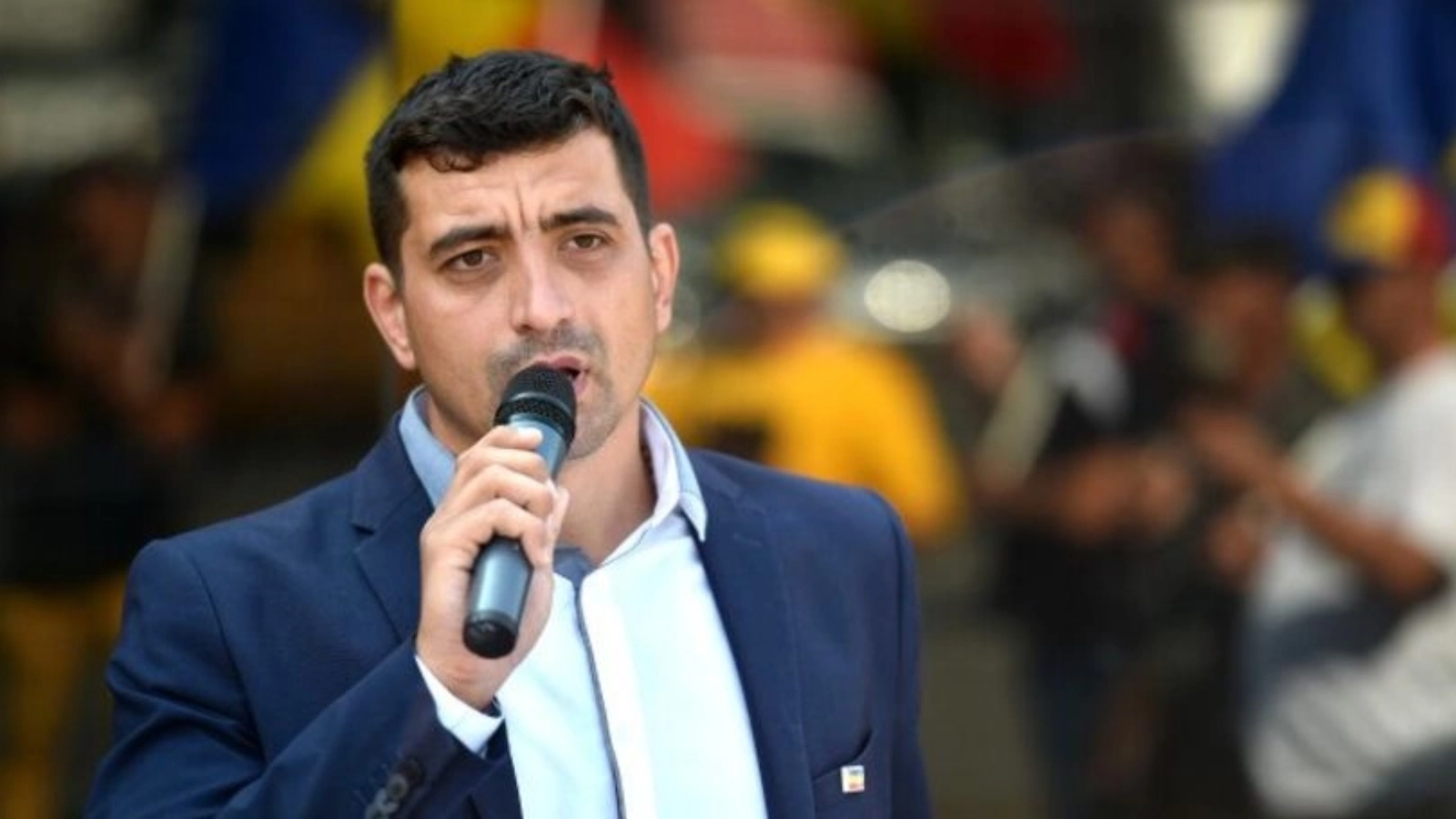



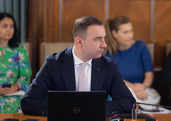
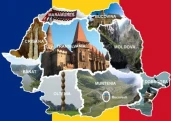


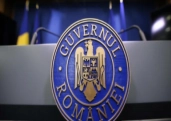


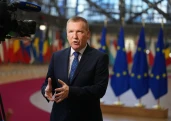



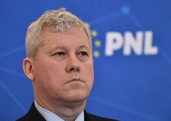




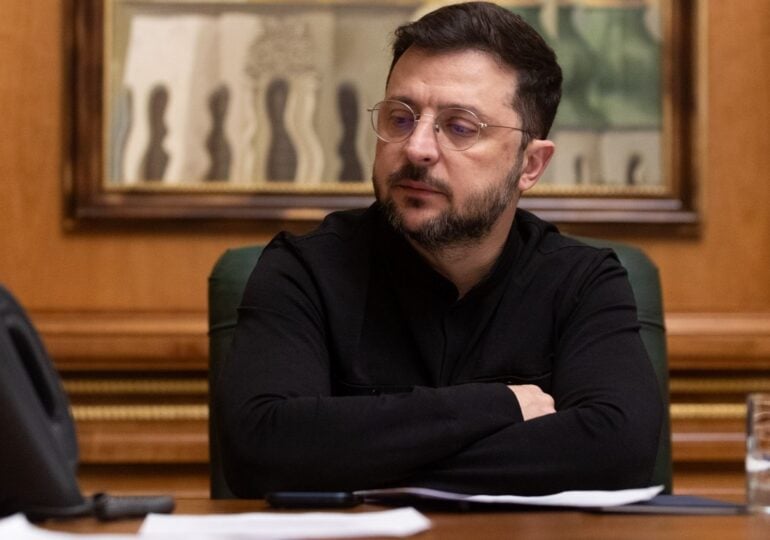






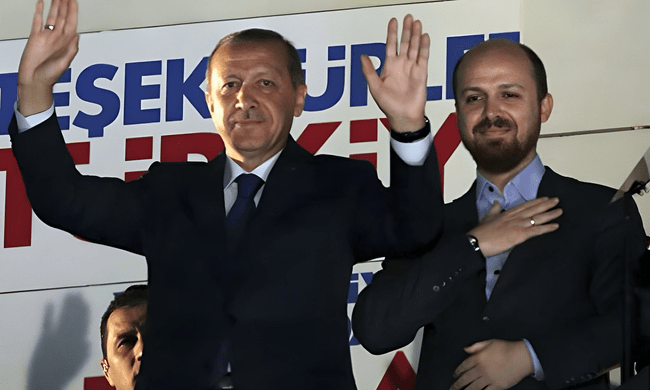



Comentează